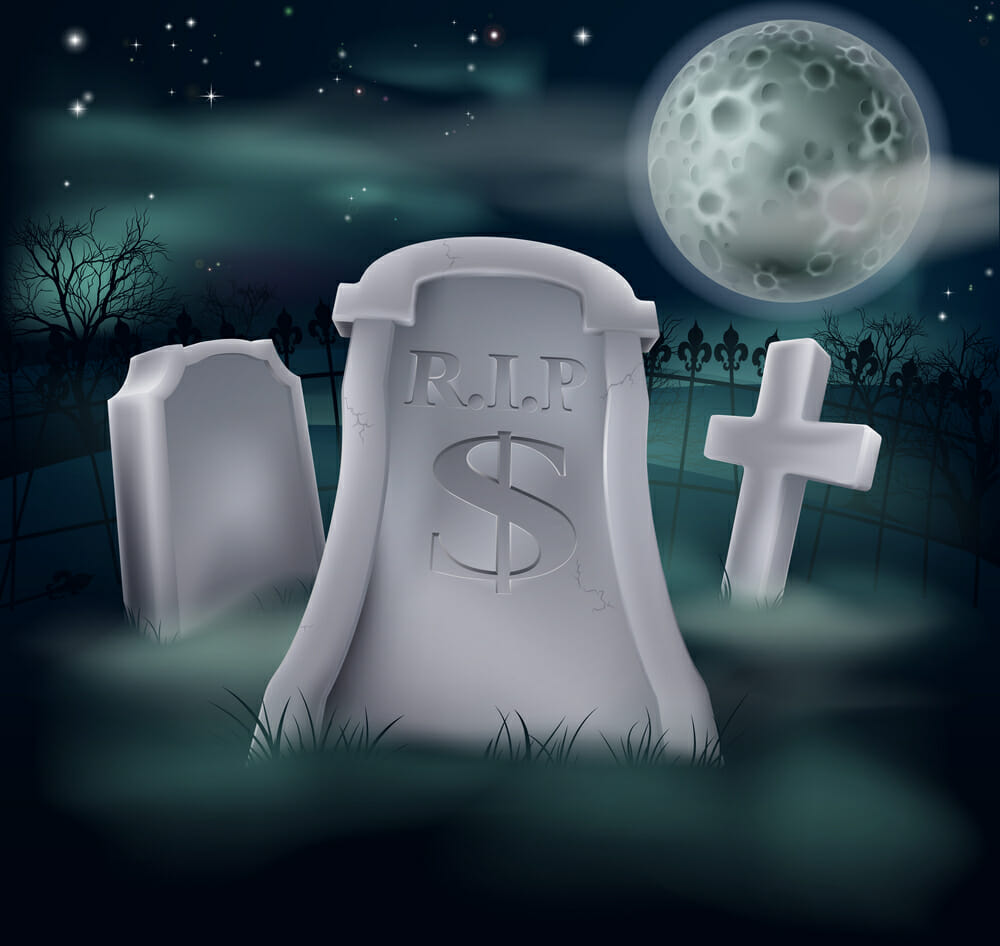
{Read in 4 Minutes} As a Trusts and Estates attorney, I spend a lot of time writing Wills for people as part of their Estate plan. Among the most important things that one can do in their Will (in addition to naming an Executor, setting forth funeral arrangements, etc.) is naming the beneficiaries, who will be the ultimate recipients of the assets of the Estate.
People write Wills at all times in their lives. Sometimes people have planned well in advance, or other times people have done it at the very last minute. However, if the person signed their Will some time before they actually died, it’s entirely possible that one or more of the beneficiaries died before them. In the law, we refer to this as a pre-deceased beneficiary. So, what does the Executor do when deciding how to distribute the Estate? Well, here are some things that the Executor might want to consider:
1. Does the Will name an alternate beneficiary?
Any good lawyer will have their clients address what happens if one of the beneficiaries named in the Will dies before them. For example, in all of my Wills, I make sure my clients address this. If your best friend dies, and you’re giving them $50,000, what happens if the best friend dies before you? Either it would go to somebody else (perhaps the best friend’s spouse, partner, or children) or perhaps it will become part of the balance of the Estate and be divvied up among the other beneficiaries. Reading the person’s Will is always the first place to start because often it addresses this contingency and the answer is found directly in the terms of the Will.
2. Statutory Defaults
If the Will does not name an alternate beneficiary and unless the Will states otherwise, there are certain people whose shares will automatically devolve to their children if they pre-decease. The people in question here are siblings (brothers and sisters) and issue (linear descendants, such as children, grandchildren, etc.). Our statutes in New York provide that if one of these beneficiaries dies, their share automatically descends to their children in equal parts. So, even without a direct instruction in the Will, the statute tells the Executor what to do.
3. Lapse
If the Will does not state otherwise, and if the beneficiary doesn’t fall into the sibling/issue category, dying before the person whose Will is being reviewed, the bequest simply lapses (fails) and becomes part of the Estate for distribution to other beneficiaries.
For this reason, it’s always important for people to take a look at their Wills periodically. This might be as simple as looking at it every two or three years, just to make sure that none of the beneficiaries have died. Just because a Will is several years old, it doesn’t mean that one needs to update, as long as it still reflects the person’s wishes. However, getting in the habit of doing this is a very easy way to review and see whether any of one’s beneficiaries have died, in which case it may be a good idea to call the lawyer and have changes made to the Will. Like anything else, planning, preparation, and getting out in front of potential problems is key.
For more information on this topic, please contact me.

